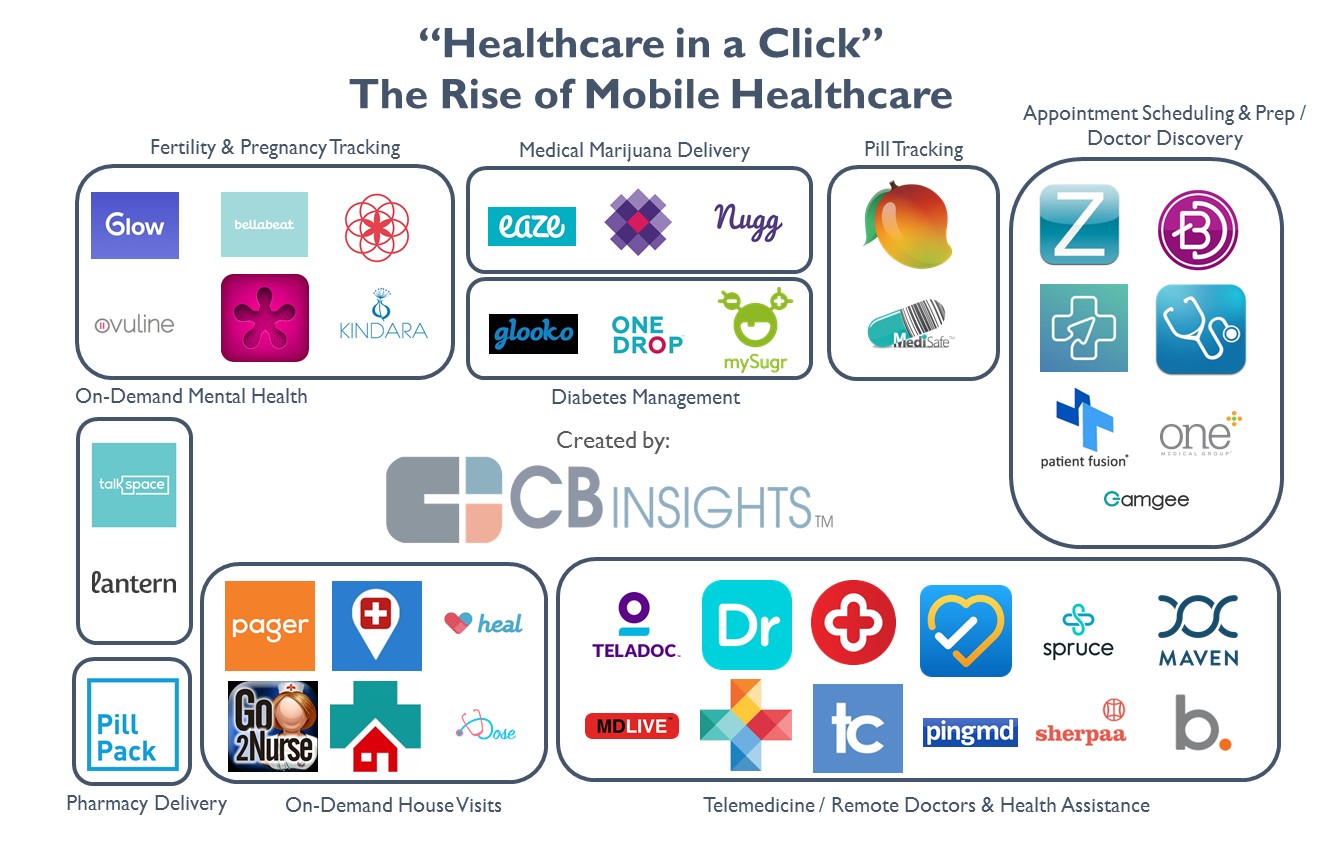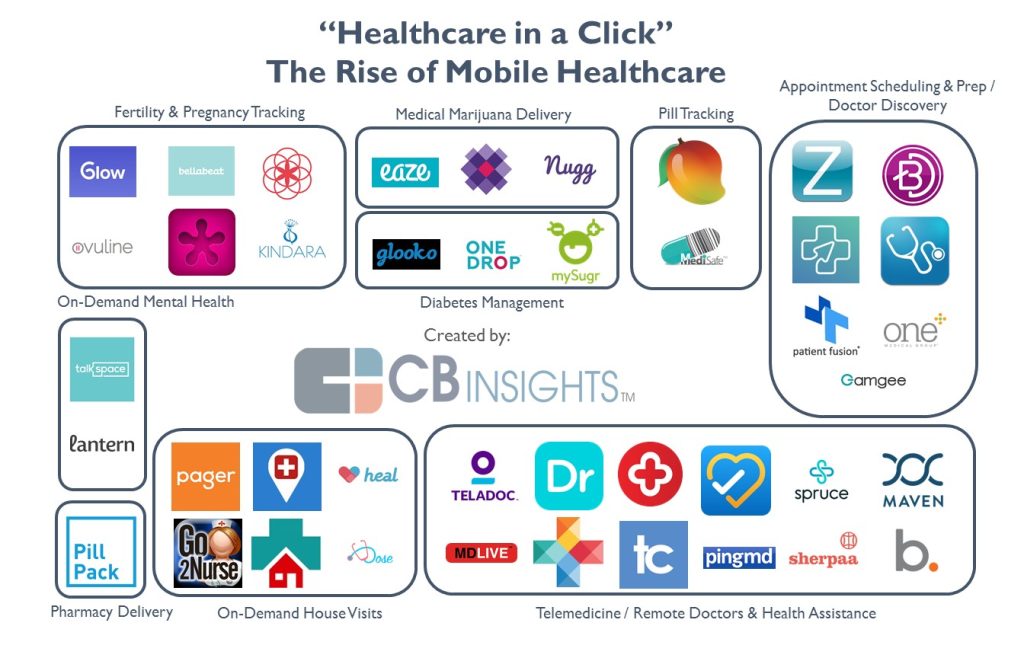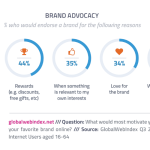How Tech Startups Are Redefining Healthcare Delivery

The healthcare sector has witnessed a significant transformation in recent years, primarily driven by innovative technologies, shifting consumer behaviors, and growing demand for personalized healthcare services. Nowhere is this transformation more evident than in the emergence of tech-enabled healthcare startups. These startups are disrupting traditional healthcare delivery models by leveraging cutting-edge technologies such as artificial intelligence (AI), the Internet of Things (IoT), blockchain, and digital therapeutics to create more accessible, efficient, and patient-centric healthcare systems.
The Rise of Tech-Enhanced Healthcare Delivery
The global healthcare market is projected to reach $12.2 trillion by 2040, growing at a compound annual growth rate (CAGR) of 4.7% during the forecast period (1). The tremendous potential for growth presents a huge opportunity for tech startups to transform the healthcare sector with innovative solutions. One such example is Teladoc Health, a pioneer in telemedicine, which offers patients virtual consultations with healthcare professionals. According to a study published in the Journal of Telemedicine and Telecare, telemedicine reduced hospital admissions by 23.3% and emergency department visits by 33.1% (2).
Personalized Medicine through Genomics and AI
The integration of genomics and AI is revolutionizing the field of personalized medicine. Companies like 23andMe are using genotype data to provide customers with insights into their genetic risk for certain diseases and potential responses to medications. AI-enabled chatbots, such as Babylon Health, are helping patients understand their genetic profile and take informed decisions about their healthcare.
Similarly, companies like IBM Research are leveraging AI to personalize cancer treatment decisions based on each patient’s unique genetic profile. According to a study published in the Journal of Clinical Oncology, AI-assisted decision-making improved the effectiveness of cancer treatment by 30% (3). This approach enables healthcare professionals to tailor treatment plans to the individual needs of each patient, significantly enhancing treatment outcomes.
Digital Therapeutics and Behavioral Health
The growing awareness about mental health and well-being has led to an increased focus on digital therapeutics. Conventional therapies often struggle to reach remote or underserved populations due to geographical limitations and lack of access. Tech startups are developing innovative digital solutions, such as mobile apps, wearables, and online platforms, that provide personalized support and therapy.
For example, Woebot, a chatbot-powered mental health therapy platform, uses AI to helps users manage anxiety, depression, and stress. According to a study published in the Journal of Behavior Therapy and Experimental Psychiatry, users who utilized Woebot reported significant reductions in symptoms of anxiety and depression (4).
Streamlining Healthcare Operations with Blockchain and IoT
The integration of blockchain and IoT technologies is transforming the way healthcare data is stored, shared, and analyzed. Companies like Medibloc are using blockchain-based platforms to secure sensitive healthcare data, such as medical records and prescriptions. These platforms ensure the confidentiality and integrity of patient data, reducing the risk of data breaches and cyber attacks.
IoT-enabled devices, such as wearable sensors and mobile apps, are providing healthcare professionals with real-time insights into patient health and behavior. For instance, companies like Fitbit are using wearable devices to track patient vital signs and provide personalized health recommendations. According to a study published in the Journal of Medical Systems, wearable devices helped patients reduce their blood pressure by an average of 5 mmHg (5).
Empowering Healthcare Consumers through Patient Engagement
The proliferation of digital health technologies has empowered patients to take a more active role in managing their healthcare. Patients are increasingly expecting healthcare providers to engage with them through digital channels, such as mobile apps, wearables, and online portals.
For example, companies like PatientsLikeMe enable patients to share their medical data and connect with others who share similar health conditions. According to a study published in the Journal of Medical Internet Research, patients who accessed the platform reported a 40% increase in health-related knowledge and a 37% increase in physical functioning (6).
Action Items for Healthcare Professionals and Healthcare Organizations
The rise of tech startups in the healthcare sector offers numerous opportunities for growth, efficiency, and innovation. Some key takeaways for healthcare professionals and healthcare organizations include:
- Stay informed about emerging technologies and how they can improve healthcare delivery.
- Collaborate with tech startups to co-create innovative solutions that address pressing healthcare challenges.
- Develop patient engagement strategies that leverage digital technologies to enhance patient experience and outcomes.
- Invest in employee education and training to ensure they are equipped to leverage emerging technologies and work effectively in a tech-enabled healthcare environment.

Conclusion
The tech startup revolution is transforming the healthcare sector with innovative solutions that provide patients with faster access to quality care. By embracing emerging technologies and innovations, healthcare professionals and healthcare organizations can provide more efficient, personalized, and effective care. Ultimately, a collaborative approach between tech startups, healthcare providers, and patients will be essential in harnessing the full potential of digital health technologies.
Share this Post

